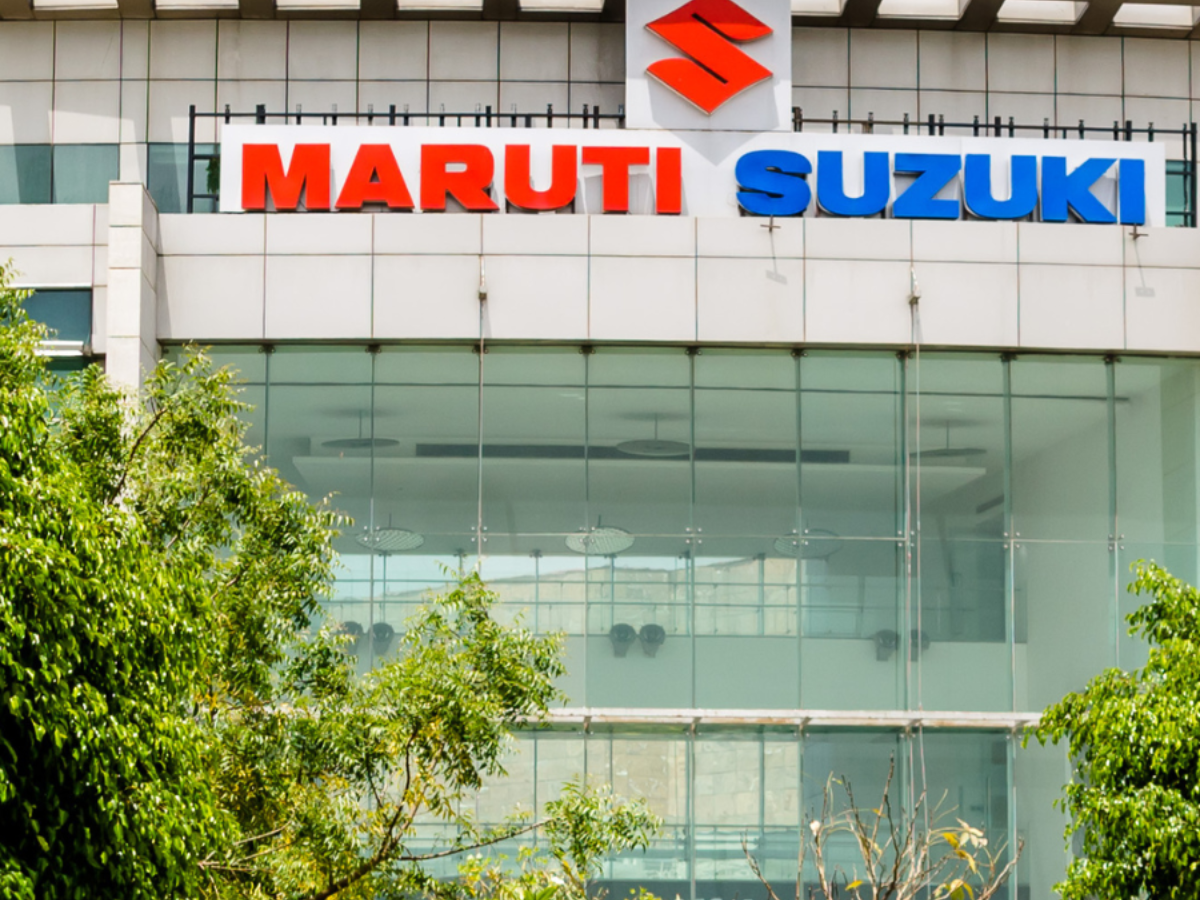
The country’s largest carmaker Maruti Suzuki said it will launch its first electric vehicle in the local market in the ongoing financial year, and will simultaneously encourage customers to adopt eco-friendly technologies like strong hybrid, biogas, flex fuel and CNG which are available at varied price points to reduce emissions and fuel consumption in the country.
A policy framework to accelerate the move towards these alternate technologies will help minimise sales of petrol and diesel vehicles, and thereby curb emissions and fuel consumption, Maruti Suzuki Chairman R C Bhargava said in the annual report released Sunday.
Bhargava said considering India’s economic and social environment and the availability of resources, the best strategy would be to offer customers, cars with different technologies and at different price levels. “We will be introducing electric cars in the next few months while electric cars use increases, customers should be encouraged to buy cars using strong hybrid technology, or CNG or ethanol and biogas. Pure petrol and diesel car use should be minimised”, Bhargava informed.
In addition to strong hybrid vehicles which can help cut fuel consumption by 35-45%, India has the potential for developing biogas from agricultural, animal and human waste. Bhargava said, “Biogas is completely renewable, has no import content and is overall, carbon negative. Production of biogas would also lead to important benefits to the environment.” Maruti Suzuki has started trial production of biogas which is carbon negative, and is looking forward to supportive government policies which would help in rapid development of this fuel.
Bhargava’s statements have come at a time when automakers in India stand divided over extension of benefits to hybrid vehicles in Uttar Pradesh. While companies like Maruti Suzuki and Toyota Kirloskar Motor (TKM) have been urging the government to rationalise taxes on hybrid vehicles to accelerate the move towards full electric, others like Tata Motors and Mahindra & Mahindra (M&M) have argued that any benefits to alternate technologies will slowdown the adoption of battery electric vehicles.
India levies reduced GST rate of 5% on EVs, compared to 28% (plus cess) on hybrids. Several state governments extends additional incentives including waiver of registration charges on EVs.
Bhargava said while some believe that the company has been slow to manufacture electric vehicles, Maruti Suzuki decided to adopt a more diversified approach to meeting national objectives and “did not want to put all our eggs in one basket”.
The government has also accepted that in India there is a need to use different technologies, he said, adding, “Some states, like UP, have already taken steps in this direction. We now await a policy framework that would lead to the promotion of all technologies that result in petrol and diesel cars being replaced by cars using other technologies.”
Maruti Suzuki currently sells two strong hybrid vehicles – SUV Grand Vitara and MPV Invicto. The company has scheduled for launch its first EV later this fiscal and plans to have half a dozen models in the space by FY31.
Rapid acceptance of electric vehicles, however, is dependent on the reduction of their costs and the pace of establishment of charging infrastructure. “This has to largely come from localisation of production and better technology”, Bhargava said.
Separately, he said while Maruti Suzuki will produce more SUVs and higher cost cars to cater to a different market segment, the company “will never forget the needs of the large numbers who cannot afford expensive cars”.
Small car sales in the country has been declining the last few years amid a sharp increase in acquisition costs and growing customer preference for feature-rich sports utility vehicles.
Bhargava said growth in sales of small cars is essential for the sustained growth of India’s passenger vehicle market as it attracts more first-time buyers to the market. “Our continued efforts to manufacture low-cost small cars has been in recognition of the economic condition of a large majority of citizens and their aspiration to own a comfortable and safe means of transport,” Bhargava said.
Maruti Suzuki Managing Director Hisashi Takeuchi added that only 3% of Indian people enjoy ownership of cars. “My dream, or rather my personal mission, is to deliver the ‘joy of mobility’ to as many Indians as possible,” he added.

















